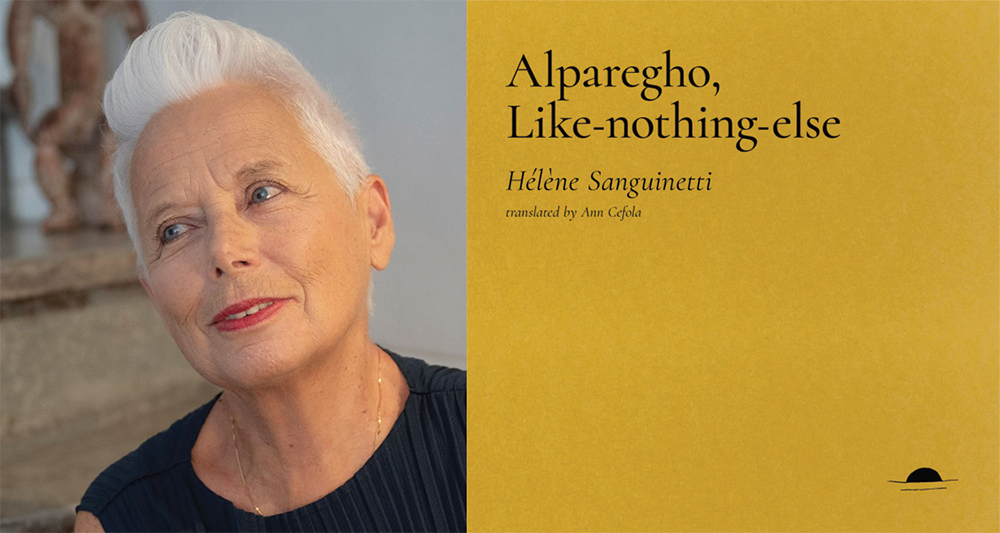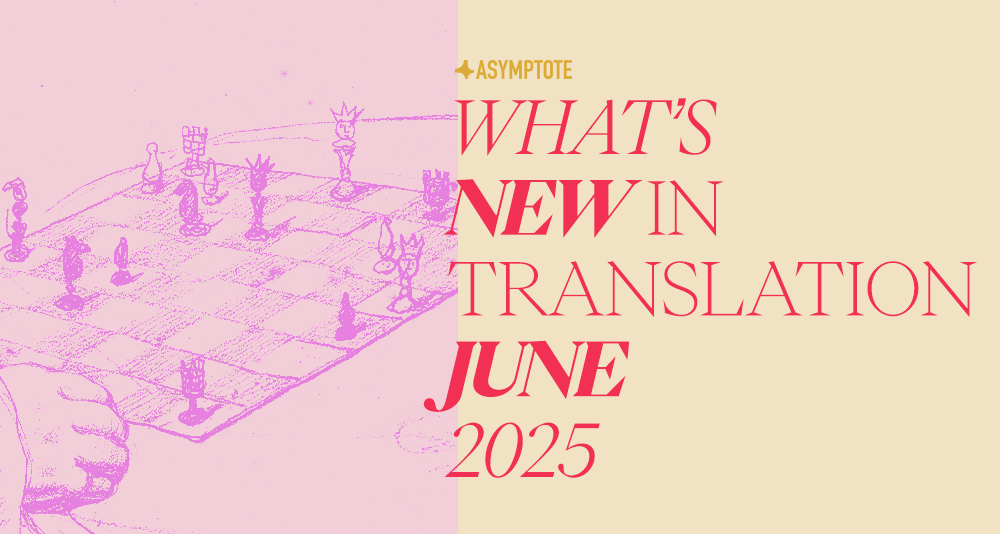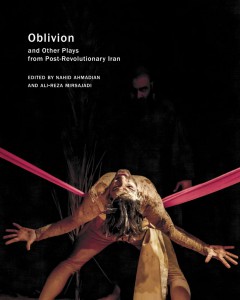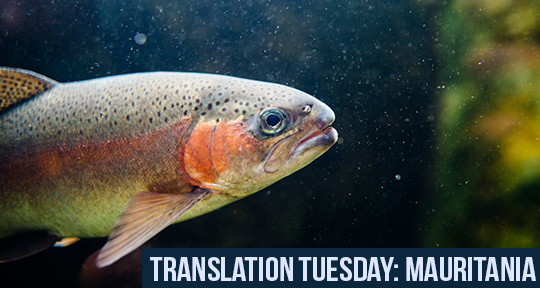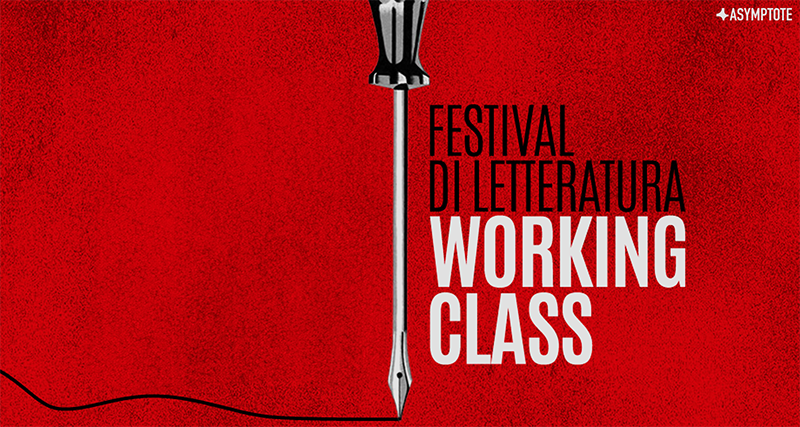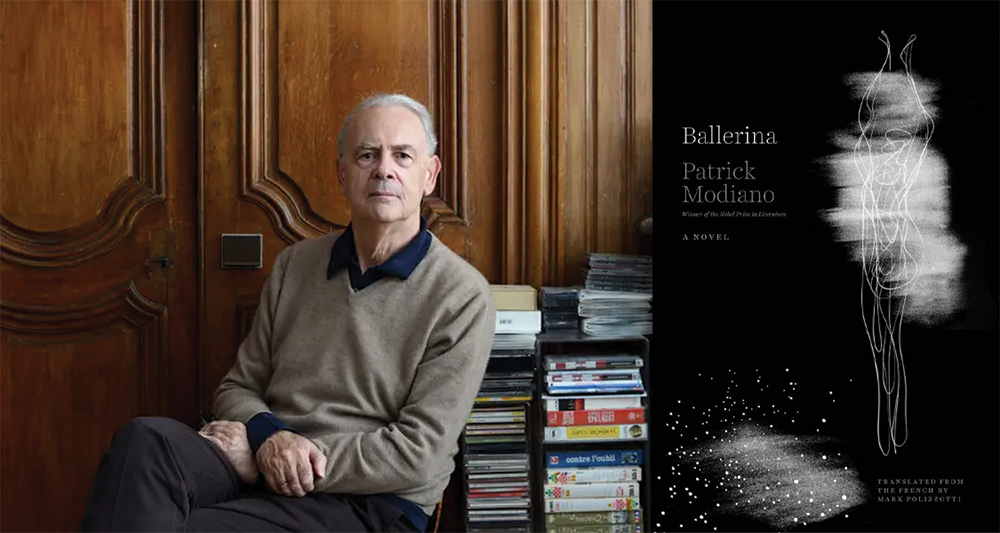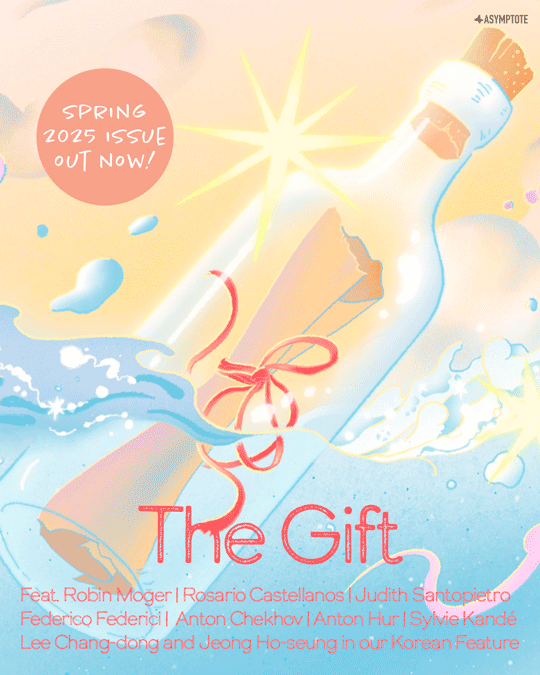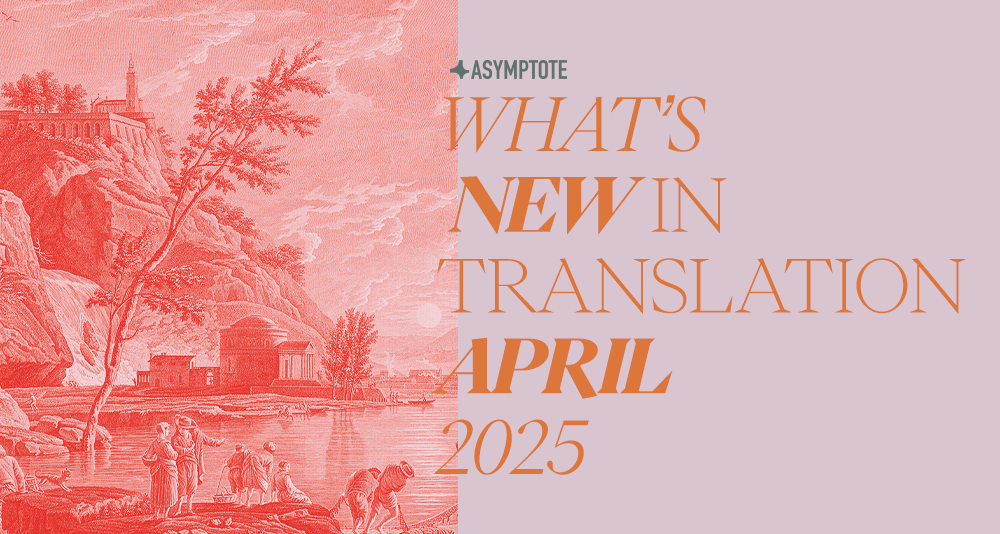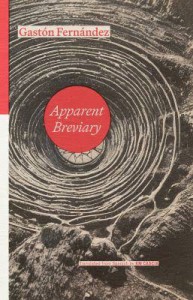Alparegho, Like-nothing-else by Hélène Sanguinetti, translated from the French by Ann Cefola, Beautiful Days Press, 2025
Today is the day! “It’s today, / great day! / Let’s shake sheets out / the windows, / smash panes and / replace them, / empty drawers, pockets, / shelves. / Great day!” Hélène Sanguinetti’s collection, Alparegho, Like-nothing-else breaks through walls, those we erect with mortar and brick as well as the more insidious ones we draw in our minds and on the Earth. Through Ann Cefola’s translation, Alparegho effortlessly draws readers into a patchwork of vignettes that question the solidity of home and country, suggesting that these supposedly immutable objects are heavy burdens; we would be better off leaving them by the wayside. In seven chapters, the poet increasingly brings to bear the oppressive characters of the nation-state and the domestic sphere, shattering their hegemony in a sweeping motion that sweeps her readers from one scene, one place to another, looping us back and around.
Sanguinetti’s long poetic career has exhibited a practice that moves between polyphony and plasticity, and the resultant sense of vertigo disorients the internal compass as one move forward through this collection, which incorporates elements of fables, dreams, and songs to disenchant its readers from the sorcery of capitalism and authoritarianism. Alparegho opens with a potent symbol of the weight of home on our backs: a snail creeps through the dark of the night of the house, leaving a trail of slime. From there, the author slyly and gradually suggests that the rooms of the house, or the lands of the king, are interchangeable squares on a chessboard, abstract concepts just as much as lived environments. Here, home is neither comfortable nor cozy, but a rotting mess, slowly caving in. READ MORE…

